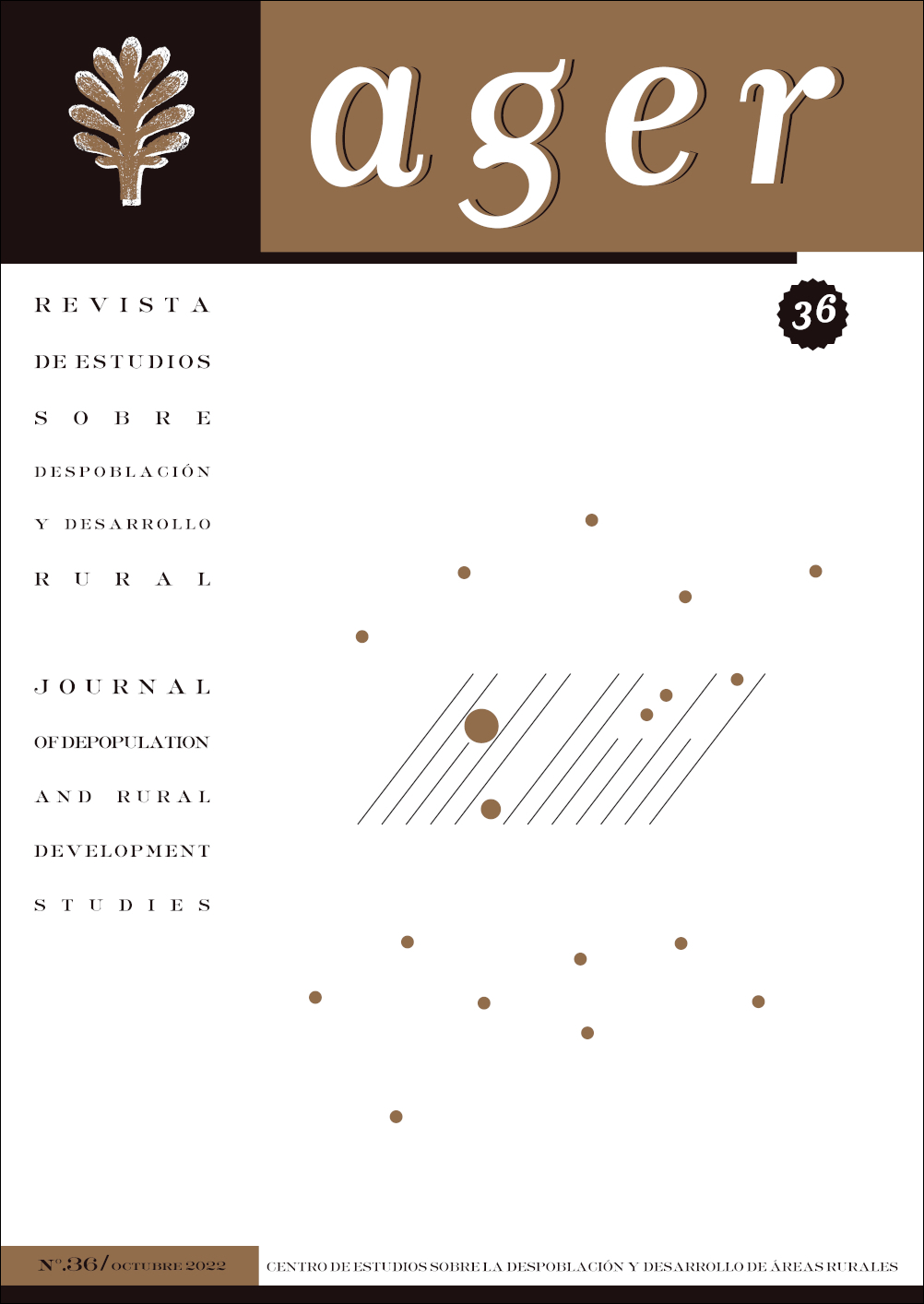Small Island Societies, Livelihoods, Challenges and Opportunities during the Covid-19 Pandemic in Sweden
Abstract
Covid-19 increased the social and economic vulnerability of island societies. Swedish islands are key tourism destinations but are also home to many island residents. Previous studies have highlighted the impact of Covid-19 on core areas, but our knowledge of its impact on island communities is lacking. We use phenomenology to analyse how communities in small Swedish islands perceive the impact of Covid-19. We use institutional theory and the concepts of social capital and accessibility in the analysis. Data were collected through semi-structured interviews and focus groups with islanders and representatives of local organizations on sampled islands. Pandemic regulations affected island communities differently. Authorities and shipping companies strove to discourage people from visiting islands. This affected tourism negatively in some islands, whereas tourism increased in others. Informal institutions established a basis for good community relations; enabled the mobilization of social capital, especially given action by local agents who were endorsed by the community. Cooperation was a key to reducing negative impact. Accessibility increased on islands with well-developed and expanded IT-infrastructure that enabled holiday homeowners to work from their holiday islands. This helped create a sustained positive economic trend for grocery stores and the construction industry.
Published
How to Cite
Issue
Section
License

This work is licensed under a Creative Commons Attribution-NonCommercial-NoDerivatives 4.0 International License.
Authors who publish in this journal agree to the following terms:
a. Authors retain their copyright and grant the journal the right of first publication of their work, which will be simultaneously subject to the Creative Commons Attribution Licence, which allows third parties to share the work provided that the author and the journal's first publication are acknowledged.
b. Authors may enter into other non-exclusive licensing agreements for the distribution of the published version of the work (e.g., depositing it in an institutional repository or publishing it in a monographic volume) provided that the initial publication in this journal is acknowledged.
c. Authors are permitted and encouraged to disseminate their work via the Internet (e.g. in institutional digital archives or on their website), which may lead to interesting exchanges and increase citations of the published work. (See The effect of open access).

